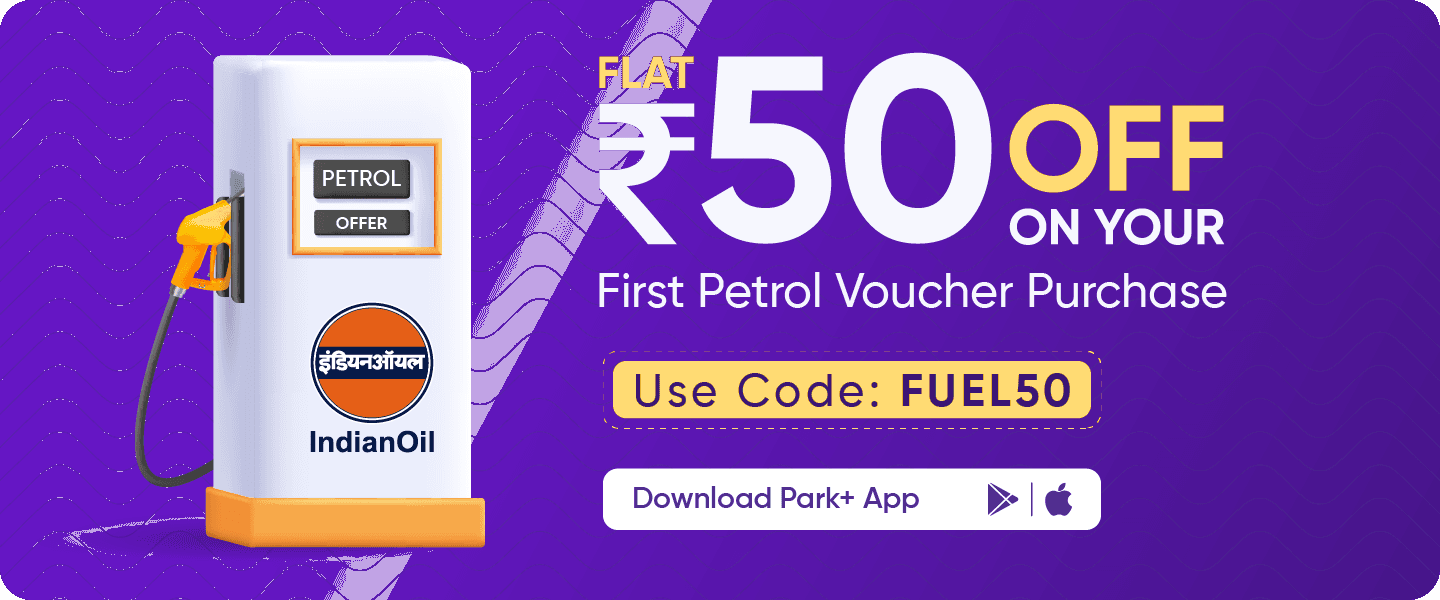Petrol and Diesel Price in Devbhumi dwarka
DayChange | Petrol-0.21 | Diesel-0.2 | CNG |
|---|---|---|---|
| Today | 95 | 90.68 | NA |
| 15 Jan | 95 | 90.68 | NA |
| 14 Jan | 95 | 90.68 | NA |
| 13 Jan | 95 | 90.68 | NA |
| 12 Jan | 95 | 90.68 | NA |
| 11 Jan | 95 | 90.68 | NA |
| 10 Jan | 95 | 90.68 | NA |
| 09 Jan | 95 | 90.68 | NA |
| 08 Jan | 95 | 90.68 | NA |
| 07 Jan | 95 | 90.68 | NA |
Note : there may be slight variations in prices across outlets within a city
Fuel prices in Devbhumi dwarka have been rising due to the decreasing supply of crude oil worldwide. In order to address this issue and ensure sufficient fuel supply to its people, the government of Devbhumi dwarka has been looking into different strategies such as fuel conservation and increasing production of alternative fuels.
Petrol price in Devbhumi-Dwarka
Today's Petrol Price in Devbhumi-Dwarka is INR 95 per litre.
The price of petrol in Devbhumi-Dwarka over the past week kept fluctuating between INR 95 and INR 95 being the lowest and highest mark respectively.
Petrol not only keeps daily travel up and running whether it be private/ public transport but also sustains the industrial backbone of a country. Petroleum is used as raw material to create end-user goods used both on a mega and microscale. Frequent hikes and cuts in fuel prices put the economy on a slippery slope and affect a country in more than a single way. In cities such as Devbhumi-Dwarka where a large chunk of revenue comes from tourism, fluctuating fuel prices are no reason to celebrate.
Diesel price in Devbhumi-Dwarka
Today's diesel price in Devbhumi-Dwarka is INR 90.68 per litre.
Diesel price in Devbhumi-Dwarka has fluctuated between INR
Due to its huge consumption, diesel demands are often difficult to meet, and the higher the demand, the more thinly spread the supply lines. The cost of Diesel in cities like Devbhumi-Dwarka is always being closely watched for favourable and unfavourable changes.
Fluctuating Fuel Prices in Devbhumi-Dwarka
The import of crude oil at a higher cost is widening India's trade deficit, maintaining a steady chokehold on the Indian economy. There is a ridiculously gaping disparity between the demand and supply dynamics, a wide shortage that doesn't allow for oil prices to stabilize. These price fluctuations were caused by a mismatch between oil supply and demand and a series of geopolitical problems also contributed to it.
Reduced prices lessen pressure on inflation and interest rates as well as the outflow of foreign money from India. If the cost of crude oil falls, India's import costs will also fall and this will provide a much-needed breather to the Indian economy. Inflation is fueled by rising oil prices since crude oil affects the cost of all goods and services. The Consumer Price Index (CPI) or inflation is directly proportional to the rise and fall in oil prices in the terms of USD. It has an impact on MRPs for manufactured items and agricultural commodities and people in cities like Devbhumi-Dwarka have to bear the brunt.
The economy of India is persistent and has made it past many global and national crises in the past even at its most vulnerable stage. While price hikes mean high revenue for the states and the central government, the government must use this opportunity to offer fuel subsidies to the chunks of society that need it the most. They are also the ones who suffer the most due to the erratic nature of the fuel market.
Park+ App: Keep track of the Daily Diesel and Petrol prices in Devbhumi-Dwarka
Park+ app brings daily cost prices to your fingertips. Access fuel prices in your city or your travel destination, compare past prices, determine the margin of change, and set reminders and notifications, Park+ app makes it all possible. You can check:
CNG prices
Petrol prices
Diesel prices
Comparative price chart spanning over a week
Download the Park+ app and keep yourself up-to-date.
FAQs
Is the petrol price in Devbhumi Dwarka likely to become more volatile?
While fuel prices all across India are volatile and not likely to change in the upcoming days, the trend shows that petrol prices in Gujarat haven't experienced any extraordinary instability. In the upcoming days, the petrol price in Devbhumi-Dwarka may suffer the usual bouts of fluctuations, but the prices are not likely to get any more volatile than this.
What extra costs are added to the base price of fuel before they reach the public?
Petrol and diesel incur costs right from their processing to their transport, distribution, government duties, and taxes before they reach the consumers. To the base price, the cost of freight is added which the dealers pay. To this, the dealers add their own commission, to which further, the state excise duties and Value Added Tax is added. After the addition of these taxes and commissions, fuel prices come to be what the general populace pays.
Do Electric Vehicles have a potential market in India?
Before the EV ecosystem in India is sustainable, there are a number of factors that need to be taken into consideration. Currently, only a small percentage of new EV registrations are for electric passenger cars and electric buses. A charging infrastructure also needs to be established. So as of now, the EV market in India is nominal, but things might change with the diversification push.
